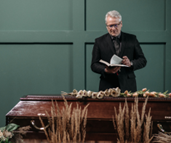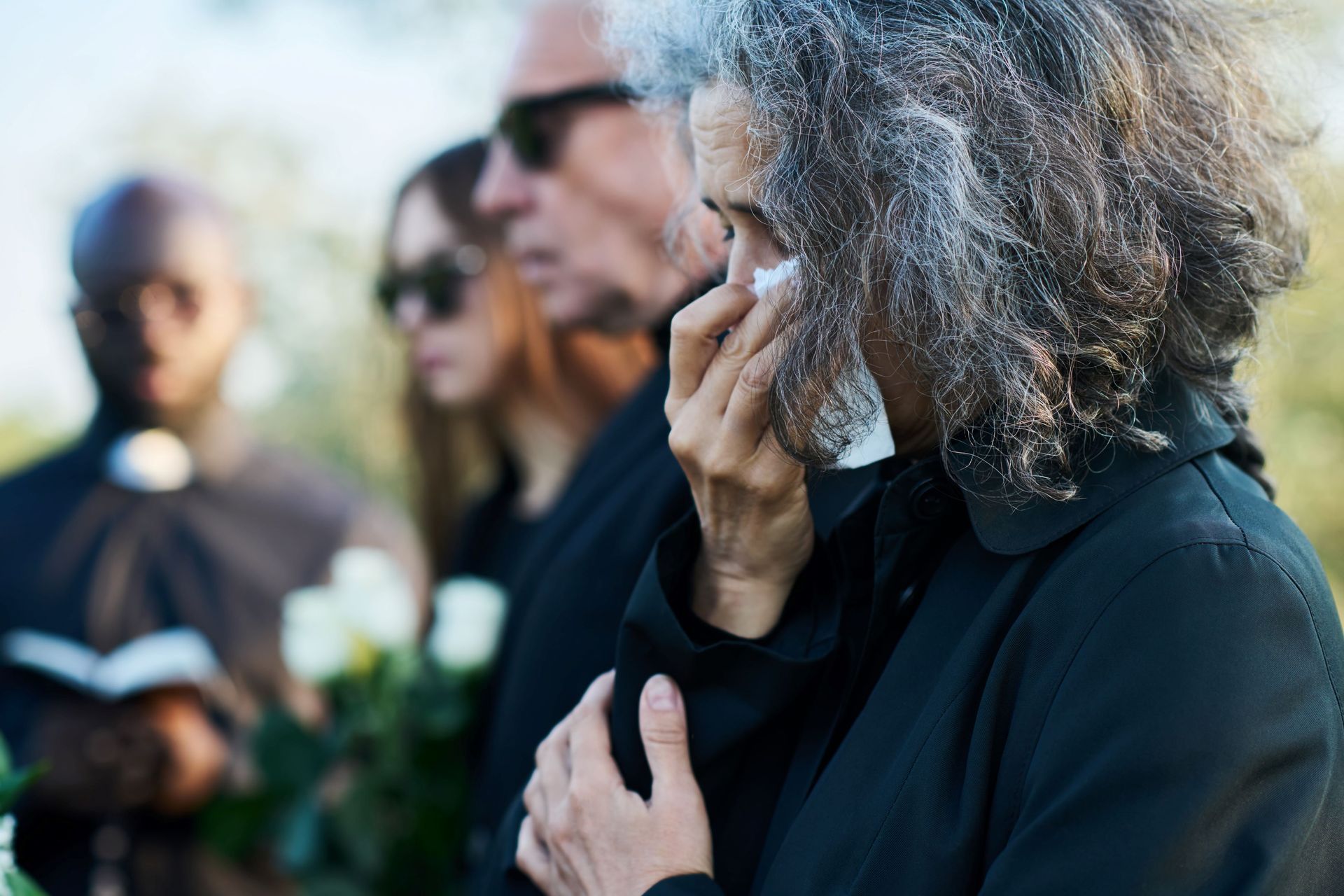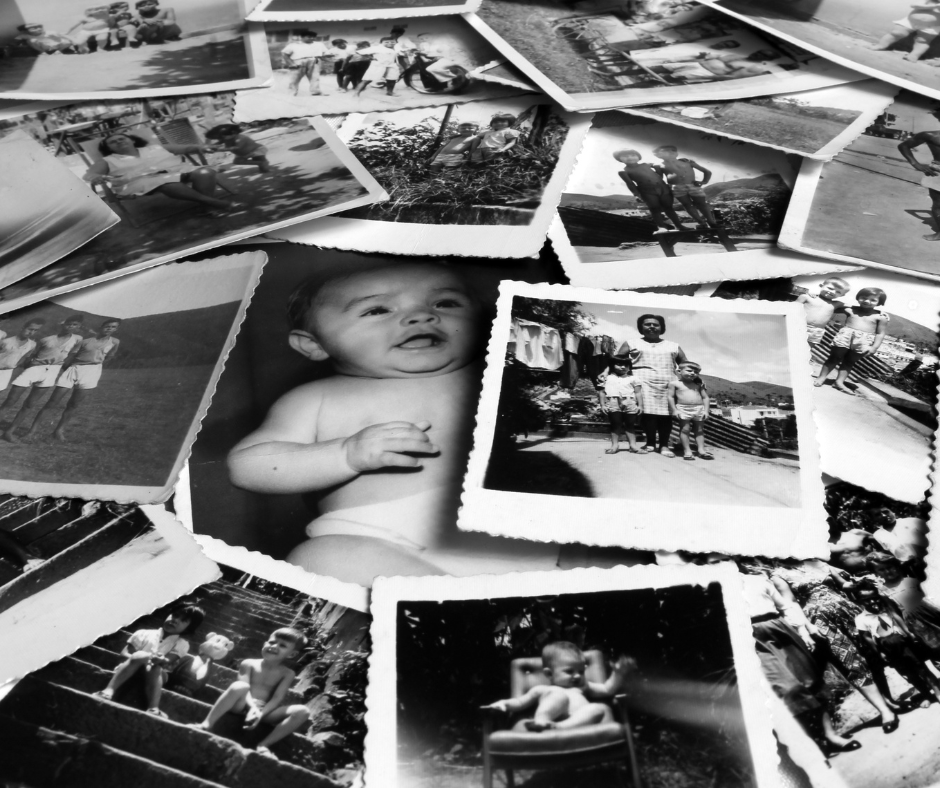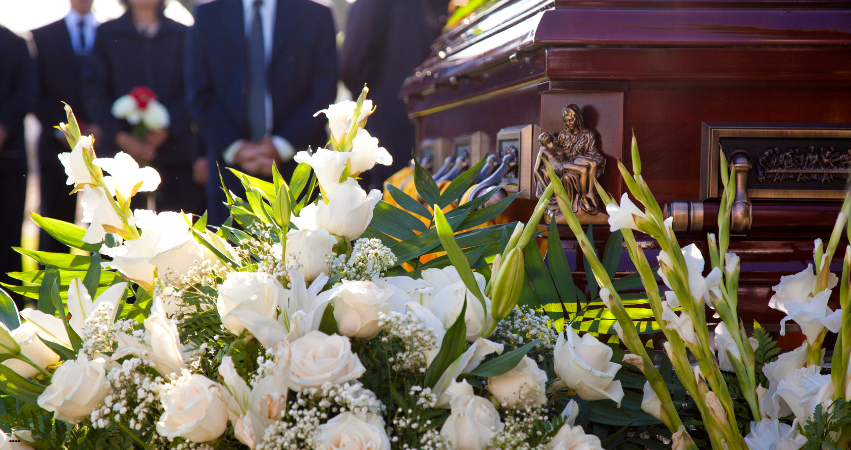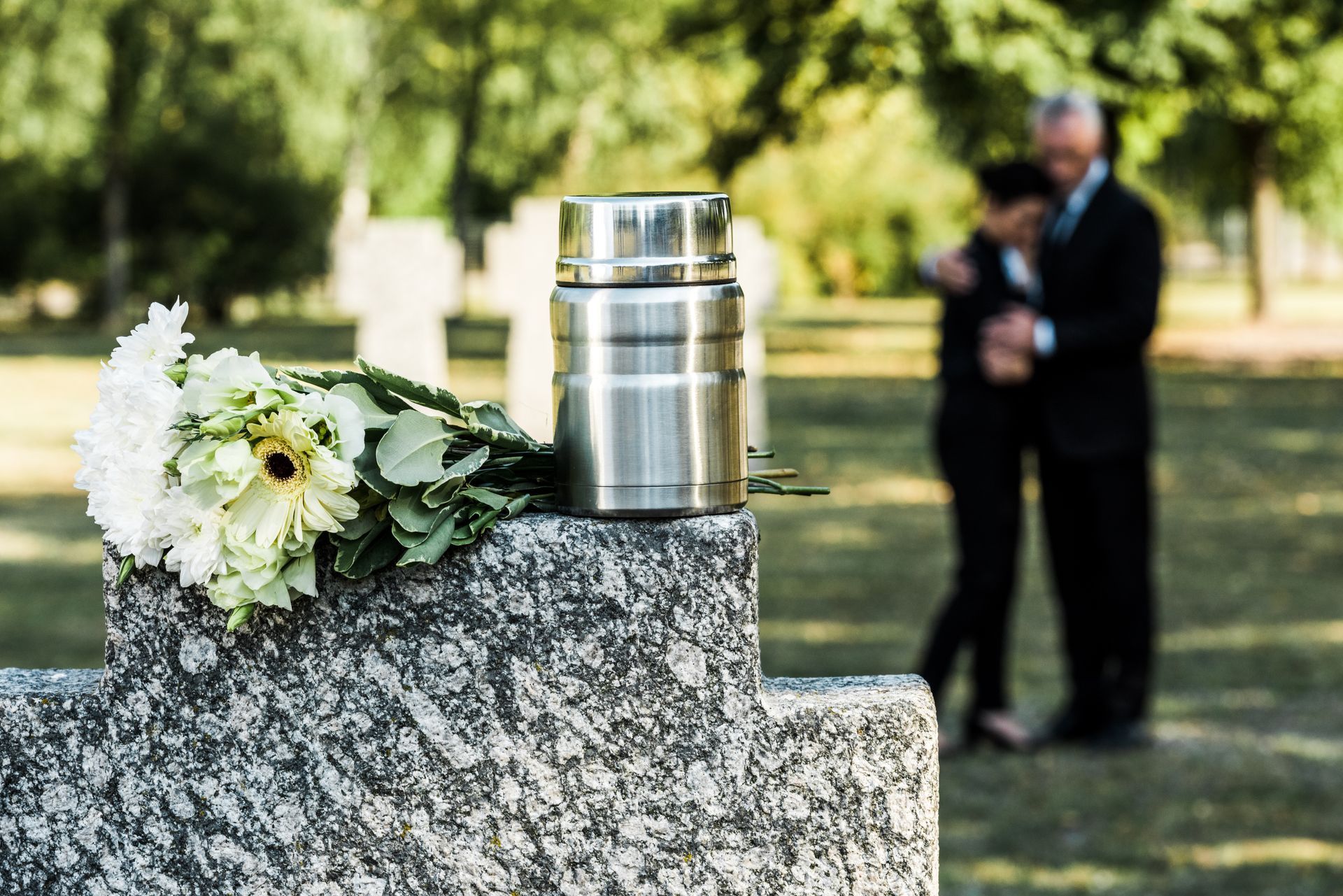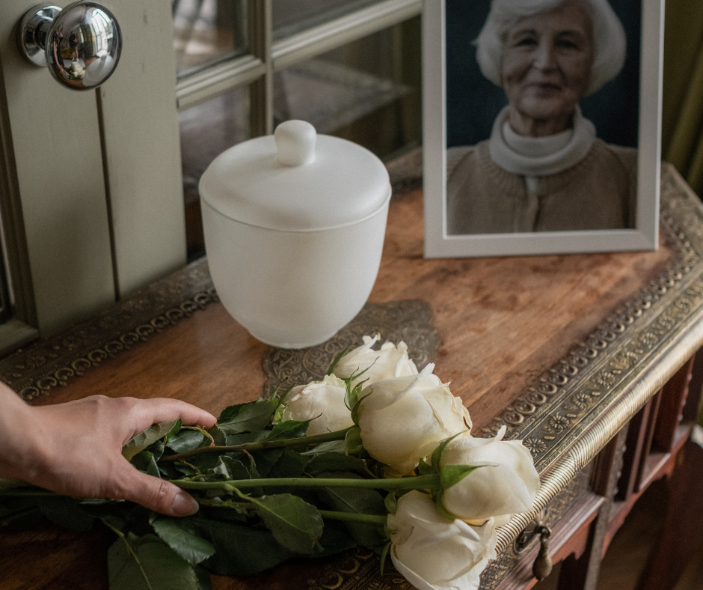Grief is a deeply personal and often overwhelming experience, yet it is an inescapable part of our human journey. At Seland Funeral Home, we understand the profound impact of losing a loved one and are here to support you through this challenging time. In this blog, we explore the art of grief, offering insights and understanding to help you navigate your loss with grace and compassion.
The Grieving Process
Grief is a unique journey for each individual. Although everyone processes loss differently, there are common feelings and stages that many people experience as they work towards healing. The stages of grief are often described as denial, anger, bargaining, depression, and acceptance. These stages do not follow a linear timeline and can overlap or recur as you navigate your emotions.
- Denial: Initially, you might feel detached, shocked, or numb. This is a natural survival response, allowing you to cope with the immediate aftermath of loss. You may find yourself questioning the reality of the situation or feeling as though it hasn’t fully sunk in. This phase is nature's way of helping you continue to function on a basic level while under extreme stress.
- Anger: As the numbness fades, you may feel anger towards doctors, family, the deceased, or even a higher power. This anger is a crucial part of healing, as it connects you to your pain and gradually diminishes as you process your emotions. It is important to recognize that this anger is normal and a necessary part of the grieving process. Allow yourself to feel it, but also find healthy ways to express and manage it.
- Bargaining: Before and after a loss, you may find yourself making mental bargains, wishing you could change the past. Guilt often accompanies bargaining, leading you to question if you could have done anything differently. You may dwell on “if only” and “what if” scenarios, trying to find a sense of control in a situation that feels uncontrollable. Recognize that these thoughts are part of the process, and try not to be too hard on yourself.
- Depression: Deep sadness sets in as the reality of your loss becomes clear. This depression is a normal and necessary part of healing, reflecting the profound impact of your loss. It is a sign that you are coming to terms with the permanence of your loss. This stage may be marked by feelings of emptiness and despair, and it is important to allow yourself to grieve. Reach out for support from friends, family, or a counselor if you need it.
- Acceptance: Over time, you come to terms with your bereavement. Acceptance brings a sense of peace, allowing you to find joy in life again and develop new interests and relationships. It does not mean forgetting your loved one but integrating the loss into your life story. You may begin to find meaning in your experiences and start to look forward to the future with a renewed sense of purpose.
How Long Will I Feel This Way?
Grief has no set timeline. Each person's path to healing is different, and it is not unusual for the grieving process to take at least a year. Factors such as your relationship with the deceased and the support you receive can influence the duration of your mourning. Some days will be harder than others, and it is okay to have setbacks. Be patient with yourself and allow the process to unfold naturally.
If you find your grief persistently disruptive, consider seeking professional counseling. Sometimes, grief can become complicated, especially if you have experienced other traumatic events or losses in the past. This “complicated grief” may require additional support to help you move forward. Professional counselors can provide strategies and support to help you navigate these more challenging aspects of grief.
Complicated Grief
Sometimes, the grieving process is complicated by other traumatic events or previous losses. This "complicated grief" can delay healing and may require professional support to address. Signs of complicated grief include prolonged periods of intense sorrow, difficulty accepting the death, and preoccupation with the deceased. If you feel stuck in your grief, reaching out to a grief counselor can provide the help you need to move forward.
Children and Grief
Children experience grief differently than adults, and their understanding of death evolves with age. Here are some guidelines for helping children navigate their grief:
- Ages 2-7: Young children see death as a separation and may feel abandoned or scared. They might express their grief through behaviors like tantrums or regression in habits such as toileting. Because children this young are usually not skilled at verbally expressing their feelings, they may “act out” instead. Be patient and offer them reassurance and comfort.
- Ages 7-12: Older children begin to understand death as permanent. They may fear for their own safety or withdraw emotionally. They might have trouble concentrating on schoolwork and performing daily tasks. Encourage open communication and let them know it is okay to feel sad or scared. Provide a stable routine and extra support during this time.
- Teens: Teenagers comprehend death similarly to adults but may react dramatically or engage in risky behaviors. Parents should be vigilant for signs of distress or suicidal thoughts and seek professional help if needed. Teens may benefit from talking to a counselor or joining a support group where they can share their feelings with peers who understand what they are going through.
Explaining Death to a Child
When discussing death with a child, honesty and simplicity are key. Answer their questions truthfully in age-appropriate terms, and avoid euphemisms that might confuse or frighten them. Allow them to express their feelings and provide reassurance through your presence and support.
For example, you might say, “Grandma’s heart got too tired and stopped working, so she died.” This provides a clear and simple explanation that the child can understand. Encourage them to ask questions and answer as honestly as possible. Let them know that it is okay to feel sad or confused and that you are there to support them.
Finding Support
Grieving is a communal experience, and support groups can offer comfort and understanding. GriefShare, for example, provides weekly meetings for people to share and support each other through grief recovery. These groups create a safe space where you can express your feelings and connect with others who are experiencing similar emotions. Online resources, including discussion forums and educational tools, can also be valuable in navigating your grief journey.
At Seland Funeral Home, we are committed to helping you honor your loved one and find your way through the complexities of grief. Remember, you do not have to face this journey alone—support is available to guide you towards healing and acceptance. Whether through individual counseling, local support groups, or online resources, there are many avenues to help you cope with your loss and begin to heal.
Grief is a natural and necessary process, and it is important to allow yourself the time and space to grieve. Surround yourself with supportive people, seek professional help if needed, and remember that it is okay to feel a wide range of emotions. Healing is a journey, and each step you take brings you closer to finding peace and understanding in the wake of your loss.

